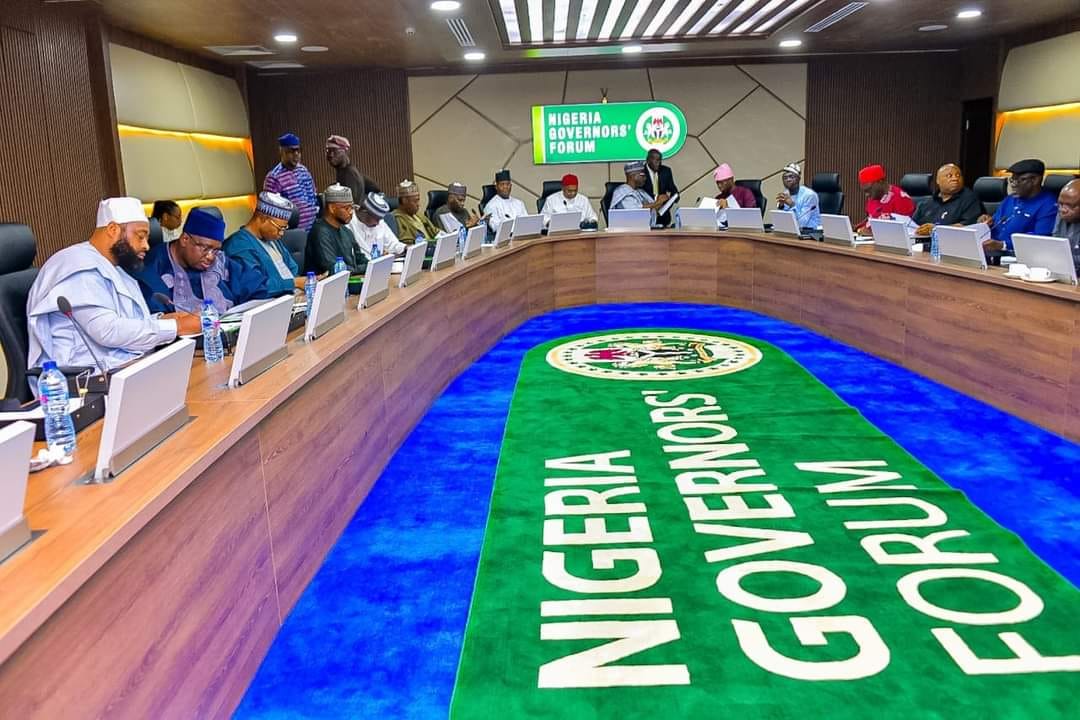By Gbenga Onabanjo
When God created the Garden of Eden, He commanded Adam to “tend and keep it.” To tend is to nurture; to keep is to maintain. This divine principle applies not just to gardens but to nations. Infrastructure is the soul of a nation. Silent yet powerful, it is what makes cities like Dubai, Singapore, Kigali, and Shanghai thrive. It is not the fancy towers or glittering skylines, but the unseen systems … transport, drainage, power, health, education, telecommunications …that sustain life, commerce, and dignity.
Nigeria builds. But Nigeria does not maintain. And the cost is visible everywhere.
The Story of Neglect
Airports
Take our airports, for instance. The Lagos airport, completed in 1976 and modelled after Schiphol Airport in Amsterdam, should have been a jewel of West Africa. Instead, it lacks a proper maintenance audit system. Repairs and upgrades are left to the whims of successive ministers. Today, its ceilings leak, toilets fail, escalators stutter, and passengers experience indignity instead of efficiency. Compare this to Schiphol, where regular audits and schedules keep the airport world-class nearly 60 years after.
Roads
Look at the Lagos–Ibadan Expressway, once the pride of Nigeria. Built about 50 years ago, it suffered decades of neglect. Potholes multiplied, accidents soared, and the road became a nightmare. It took 16 years of endless rehabilitation attempts to finally resurface it. Yet, barely a year after reopening, it is already deteriorating — because maintenance is not planned, funded, or enforced. A standard highway should have a 15-year renewal cycle. Without it, deterioration is inevitable.
Theatre & Culture
Consider the National Theatre, also nearly 50 years old. It was once Nigeria’s cultural crown, but neglect reduced it to a shadow of itself — leaking roofs, broken seats, faulty lighting. It took the intervention of the Bankers’ Committee, at a huge cost, to restore it. But why did it take half a century and a private rescue? Because maintenance was never built into the budget or culture.
Festac Village
Once a pride of Africa, described as the best human settlement south of the Sahara, Festac was built about 50 years ago under the management of the Federal Housing Authority. At first, there was order and sanity. Then came a dispute between state and federal authorities over who should administer it. Things deteriorated quickly. Open spaces were converted. Underground sewers were neglected. Roads were abandoned. Shacks and illegal structures sprang up everywhere. In under 50 years, Festac became a shadow of its glory … a monumental shame, all because of neglect.
Refineries
Our four refineries tell the same story. Designed to make us self-sufficient, they have become expensive monuments of decay. Billions have been poured into “turnaround maintenance” without outcome. A refinery, like any industrial plant, needs constant servicing, replacement of parts, and skilled oversight. Neglect has left them comatose, forcing us into decades of fuel imports.
Bridges
And what about bridges? The Third Mainland Bridge is a lifeline for Lagos. But it is also a high-maintenance structure. Constant inspection and repair are non-negotiable. Every closure is a reminder that infrastructure is not eternal. It must be cared for continuously if disaster is to be avoided.
Open Drains: A National Disgrace
Equally glaring is our persistence with open drains. They run through our neighbourhoods, filled with refuse and stench. They breed mosquitoes, cause flooding, and turn streets into open sewers.
Civilized cities phased out open drains decades ago. Singapore, once plagued with flooding and slums, made covered and underground drainage a pillar of its development. Today its waterways are clean, functional, and safe. Lagos must take the same step. Transitioning away from open drains is not optional … it is essential if we want to live in a healthy, modern city.
Why Maintenance Matters
No structure, no matter how well designed, lasts forever without care. Roads wear. Bridges crack. Buildings need repainting. Hospitals need equipment upgrades. Refineries need part replacements.
Maintenance is life itself.It preserves safety, preventing collapses and crashes.It saves money, by extending lifespan and avoiding the higher cost of rebuilding.It secures dignity, because a nation’s citizens deserve infrastructure that works.It sustains growth, as investors go where systems are reliable, not where they crumble.
A Culture Shift is Needed
For Nigeria, the lesson is clear: we cannot keep inaugurating projects without planning for their future. A culture shift is overdue.
- Design with Maintenance in Mind
Every road, hospital, or bridge must include a maintenance manual and schedule. Roads should be resurfaced after 15 years. Buildings must be repainted every 5–7 years. Machinery must have service intervals. - Budget for Maintenance
Governments at all levels should allocate at least 10–15% of annual infrastructure budgets to maintenance. Maintenance is not charity. It is the backbone of sustainability. - Institutionalize Maintenance Audits
Like annual financial audits, Nigeria must adopt infrastructure maintenance audits. Every public asset should be inspected, reported, and funded for repair on a fixed cycle. - Local Government Responsibility
Councils must take visible charge of local infrastructure — drains, kerbs, sidewalks, and schools. They cannot continue to collect allocations without accountability. - Public Attitude
We too must change. Citizens must value and care for public infrastructure. Throwing refuse into drains or vandalizing streetlights is a reflection of our mindset. Maintenance is everyone’s duty.
Conclusion
Dubai, Singapore, Kigali, and Shanghai did not become what they are by erecting buildings alone. They thrive because they maintain their infrastructure … the silent soul of the nation.
Nigeria must learn: no structure lasts forever without maintenance. Roads must be renewed. Buildings must be painted. Refineries must be serviced. Bridges must be inspected. Drainage must be covered.
We can no longer afford to build and abandon. Maintenance must become policy, culture, and habit. To maintain is divine. To maintain is patriotic. To maintain is survival.
The last 50 years reveal our shortcomings. The next 50 years must tell a different story … one of care, order, and sustainability. Let us begin the culture shift today.
*Onabanjo, an architect, environmentalist and urban policy advocate, is the founder of GO- FORTE FOUNDATION – an NGO for the restoration of the environment



